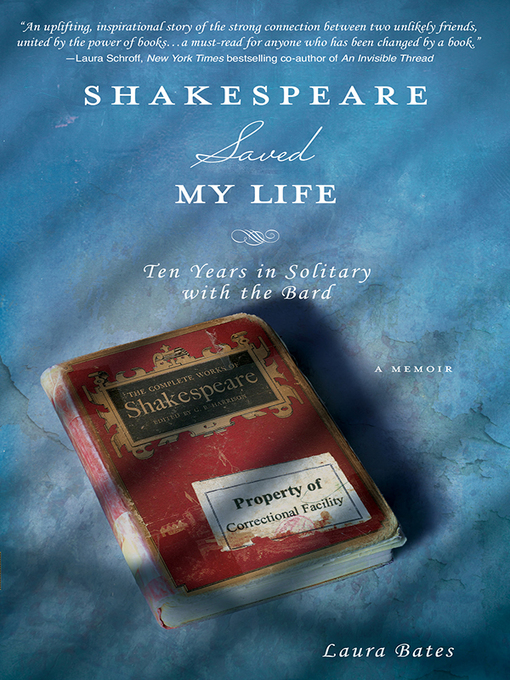
Shakespeare Saved My Life
کتاب های مرتبط
- اطلاعات
- نقد و بررسی
- دیدگاه کاربران
نقد و بررسی

April 15, 2013
Indiana State literature professor Bates details her remarkable work teaching Shakespeare to inmates, an experience that proved momentous for both teacher and students. Invoking lessons from previous volunteer work at prisons in her native Chicago, Bates transported Shakespeare into solitary-confinement lock-up (Secured Housing Unit, aka "supermax") at Wabash Valley Correctional Facility, Indiana, and there met Larry Newton, her most engaged student and focus of this work. A convicted killer incarcerated since he was a juvenileâoften in solitary confinement or on death rowâNewton, despite his grade-school education, takes naturally to Shakespeare; starting with Richard II, he displays startling moments of empathy with the characters and latches on to many parallels of verisimilitude. Each week, toiling on their knees over homework assignments Bates passes through the "cuff port", forced to communicate through the bunker-like doors, chosen inmates in supermax discuss and dissect themes of revenge, criminality, honor, and loveâfrom Macbeth, Hamlet, Romeo and Juliet, and Othello, among others. Opening the mind's prison proves enormously gratifying, not to mention effective, for Bates as she offers the prisoners an alternative to frustrated violence. Her brave, groundbreaking work continues to be closely watched and modeled.

February 1, 2013
The unorthodox bonding of a Shakespeare instructor and a convicted murderer. Beginning in 2003, English professor Bates (Indiana State Univ.) began an inaugural group-study program in a solitary confinement prison space, much to the chagrin of the university department chairperson, who found the foray into criminal education a risky venture. The author's history with prison education extends back to 1983, when she volunteered at Chicago's Cook County jail while studying for her doctorate. She then taught English classes and Shakespeare studies at Indiana's supermax Wabash Valley Correctional Facility, an institution housing her home state's most dangerous criminals. There, she taught an inmate who became the first to seriously frighten her, even after many years boldly volunteering in solitary confinement. The prisoner was "caged beast" Larry Newton, a nefarious yet intellectually sharp murderer serving a life sentence without parole for crimes committed as a teenager. Bates inherited her mother's "mix of fearlessness and fearfulness," which fostered the way into the maximum security penitentiary to host an intellectual discussion on Shakespeare's plays. The author emerges as a selfless tutor dedicated to education without reservation, and she fought hard to educate Newton and other surprisingly charismatic inmates, whom she profiles with a dignified mixture of pride and humanitarianism. The 10 years spent in supermax became a transformative journey for students and teacher alike. An eye-opening study reiterating the perennial power of books, self-discipline and the Bard of Avon.
COPYRIGHT(2013) Kirkus Reviews, ALL RIGHTS RESERVED.

January 1, 2013
From breaking out to breaking through, that's what reading Shakespeare did for Indiana federal prison inmate Larry Newton, who was locked in solitary confinement for more than 10 years. His story is recounted by English professor Bates, who taught the Shakespeare in Shackles class that gave Newton, convicted of murder as a teenager, his new lease on life. Bates describes the program, but the core of the text is given over to Newton as he poses challenging questions from Shakespeare's works about such topics as honor, revenge, and conscience, forcing prisoners to consider their own actions in a new light. Macbeth and Hamlet are the primary targets of examination, but the inmates take fresh approaches to several plays. The short chapters are like Bates' glimpses into the cells through cuff boxes. It's clear she is impressed with Larry, and while his work is remarkable, it's also repetitive. But the journey he makes and the impact it has on Bates herself combine to form a powerful testament to how Shakespeare continues to speak to contemporary readers in all sorts of circumstances.(Reprinted with permission of Booklist, copyright 2013, American Library Association.)

























دیدگاه کاربران